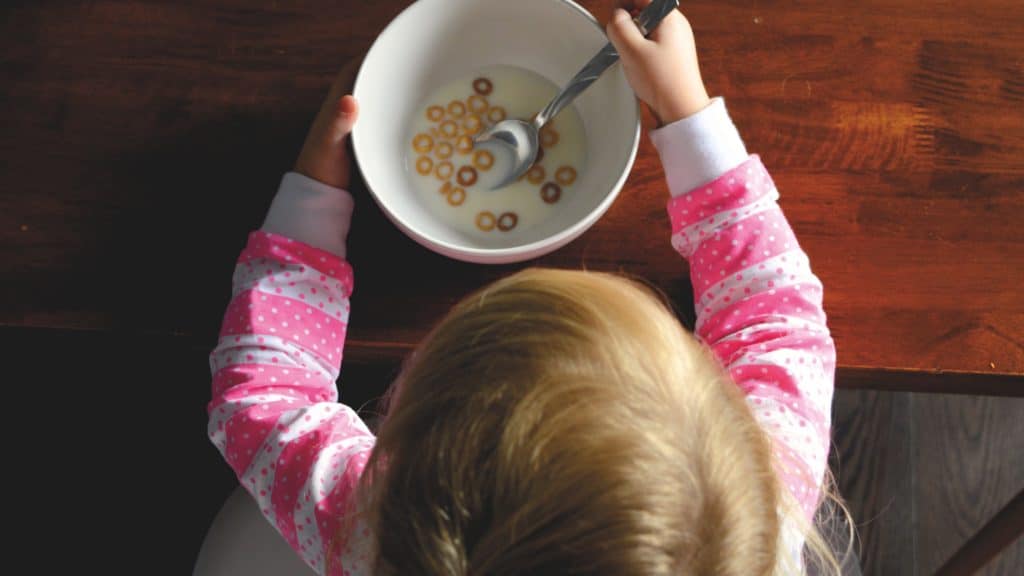
14 Jun Is My Child Depressed?
It is difficult to know how many children (pre-teens) suffer from depression. The National Institute of Mental Health (NIMH) estimates that, at any given time, 11% of children under the age of 18 meet the diagnostic criteria for Depression. We know that girls are more likely than boys to suffer from depression and that the risk increases as the child becomes older. But these numbers include teenagers; it is hard to find statistics for children from pre-K through age 12.
According to the Diagnostic and Statistical Manual of Mental Disorders, Fifth Edition (DSM-5) the symptoms of a Major Depressive Episode include:
Depressed or irritable mood most of the day.
Loss of pleasure in activities.
Significant weight loss weight gain.
Insomnia or hypersomnia nearly every day.
Psychomotor agitation or retardation nearly every day.
Fatigue or loss of energy nearly every day.
Feelings of worthlessness guilt.
Diminished ability to think or concentrate, or indecisiveness.
Recurrent thoughts of death (not just fear of dying), suicidal thoughts either with or without a specific plan, or a suicide attempt.
Adults and teens can talk about how they feel. The younger the child, the less they are able to verbalize feelings of hopelessness, helplessness, and sadness. Instead, children act out their feelings instead of talking about them.
The depressed child may be more irritable and angry than sad. They may be clingy, sulky, or grouchy. It was once thought that all depressed children hid or masked their depression with anger, but we now know that some kids do indeed look sad and blue.
The main things to look for are:
Changes in social activities.
Loss of interest in school.
Changes in academic performance.
Physical complaints such as headaches or stomachaches that don’t respond to treatment.
Crying spells for no or little apparent reason.
Treatment options for depressed children are the same as for adults: counseling and medication. For children, we are more likely to recommend family counseling than individual counseling. Medications may be helpful, but generally we want to try counseling first and are slower to refer to a physician for medication.


No Comments